Charlie Daniels lends a hand to veterans on their journey home: 'They need help today'
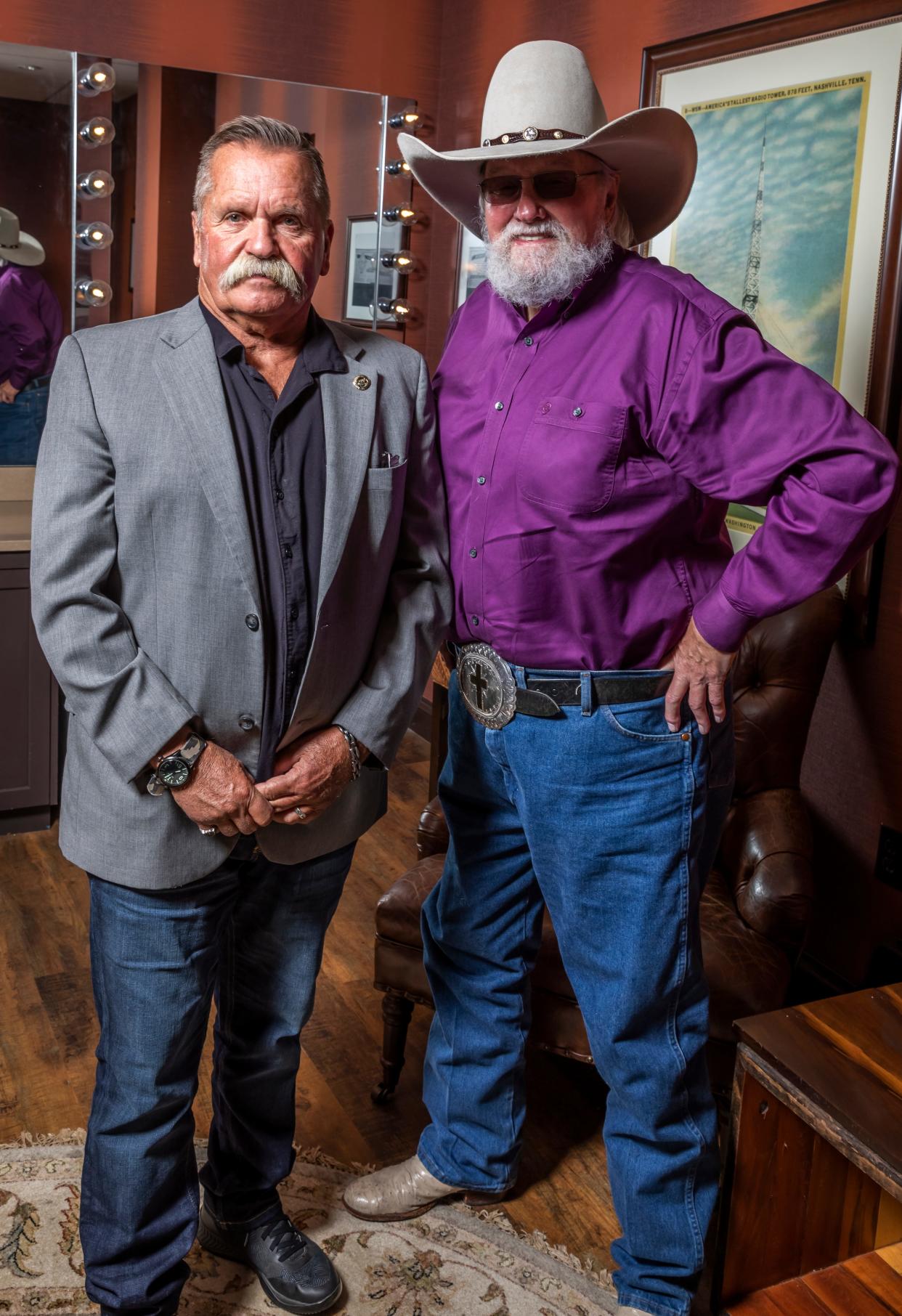
Charlie Daniels was 5 years old when the Japanese bombed Pearl Harbor. The Country Music Hall of Famer grew up in the coastal town of Wilmington, N.C. There was a shipyard, and Wilmington was a port city that shipped supplies across the ocean to the American troops fighting World War II.
Daniels remembers the fear that Germans were going to invade his town and how he felt when enemy U-boats sank cargo ships right off the North Carolina coast. He heard people say they could see the boats burn from the beaches.
“We felt in danger,” he said. “We were vigilant. We thought it was possible we could get involved in the shooting part of the war. I learned there were two things that protect America — the grace of God and the United States military.”
At 83 years old, Daniels still feels that way. The master fiddle player and Southern rock pioneer is known for hit songs, including “The Devil Went Down to Georgia” and “The South’s Gonna Do It Again,” but he also hopes his support for veterans is part of his legacy.
In 2014, Daniels and his manager David Corlew founded The Journey Home Project — a nonprofit organization dedicated to bettering the lives of veterans. It’s nimbleness and reach are formidable. If a veteran needs support like a job, help moving, transportation or crisis support, The Journey Home Project can help. But its mission is to assist other nonprofit veterans' organizations secure funding to aid veterans of the U.S. armed forces. Since its start, the Journey Home Project has raised more than $1 million to share with veterans and veterans-related programs and charities.
“The agencies that are tasked with helping our folks who come back from their service are all bureaucracies,” Daniels said. “They are slow by nature. A lot of veterans' needs are immediate. If someone has PTSD, he can’t wait. They need help today.”
The challenges veterans face
Daniels has spent much of his career traveling overseas to play for service members. He’s entertained in Kuwait, Iraq and Afghanistan, and done of a tour of German military bases. But his understanding of deficits in veterans’ care reaches back decades further than the current conflicts in the Middle East. The singer watched troops return from Vietnam and struggle to acclimate to civilian life.
“Stop and think about this,” he said. “During the Second World War, when veterans came back, they were on a ship for weeks. They had time to wind down. Nowadays, you get on a jet, and you’re over here in a matter of hours. You’re on the street with people who have no idea … what it’s like to fight in a war or be shot at. In a period of three days, you’re out of that atmosphere and into this one … no wonder we have guys who have problems.”
Vietnam veteran Dennis Buchanan lived the struggle for decades. He turned 19 years old while serving as an infantryman in the conflict. When his tour of duty ended and he was back in the United States, Buchanan said people spit on him and called him a "baby killer." He suppressed his feelings for years. Buchanan met Corlew and Daniels when he coached Daniels' son's basketball team. On a particularly troubling day, Corlew approached Buchanan and asked what was wrong.
"I wasn't in a good place," Buchanan said. "Being a vet, you don't talk about your problems."
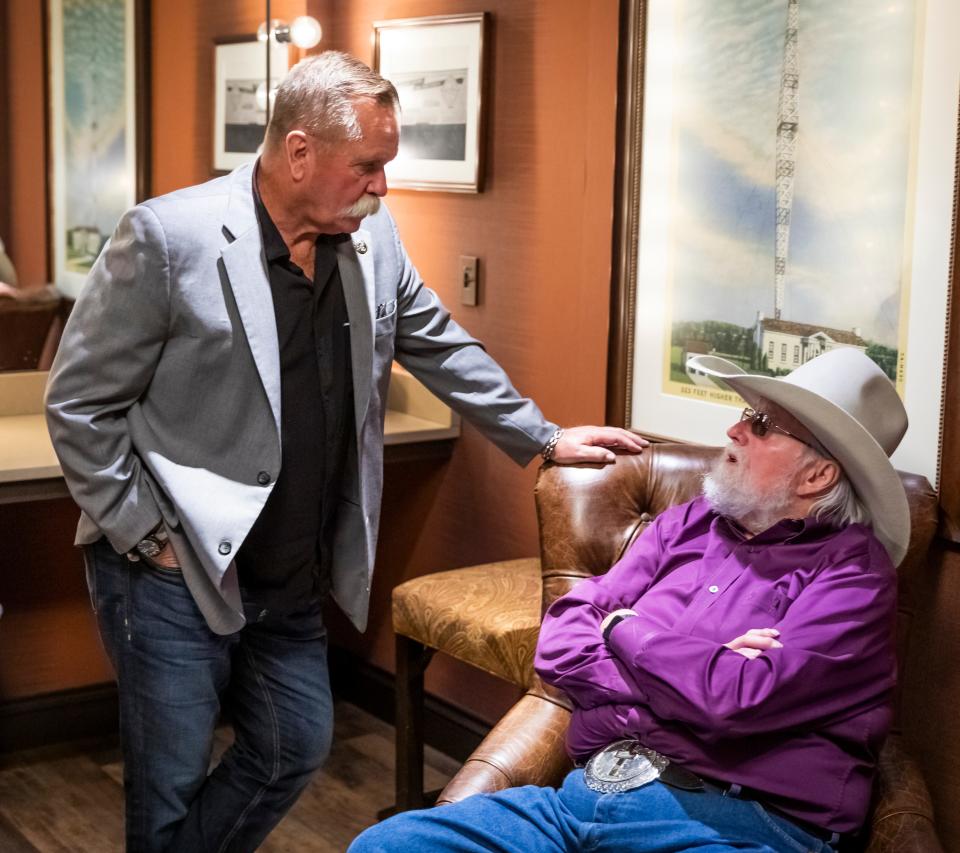
However, Buchanan shared his turmoil with Corlew who connected him with Operation Song, a beneficiary of the Journey Home Project. The program teaches veterans to share their experiences through music. When one of the veterans played a song he'd written about Vietnam during a meeting, Buchanan could relate and his pent up emotions poured out.
"PTSD never goes away," he said. "Operation Song puts another tool in your tool belt to deal with the nightmares. I'd avoided therapy for years. If it wasn't for David and Charlie, I'd never have gone."
Recently, Corlew heard about a homeless Marine living in a shelter. He reached out to the man to determine his needs, bought him a bicycle and helped him get a job. The man now has a home and drives a city bus, Corlew said. On a larger scale, the Journey Home Project donated $50,000 to Vanderbilt University Medical Center to research a unique kind of cancer that strikes mainly veterans and impacts all their organs.
“From helping the homeless to cancer research, that’s the pride I carry,” Corlew said. “It’s the atypical mentality of the CDB employee. Everyone just jumps in and helps.”
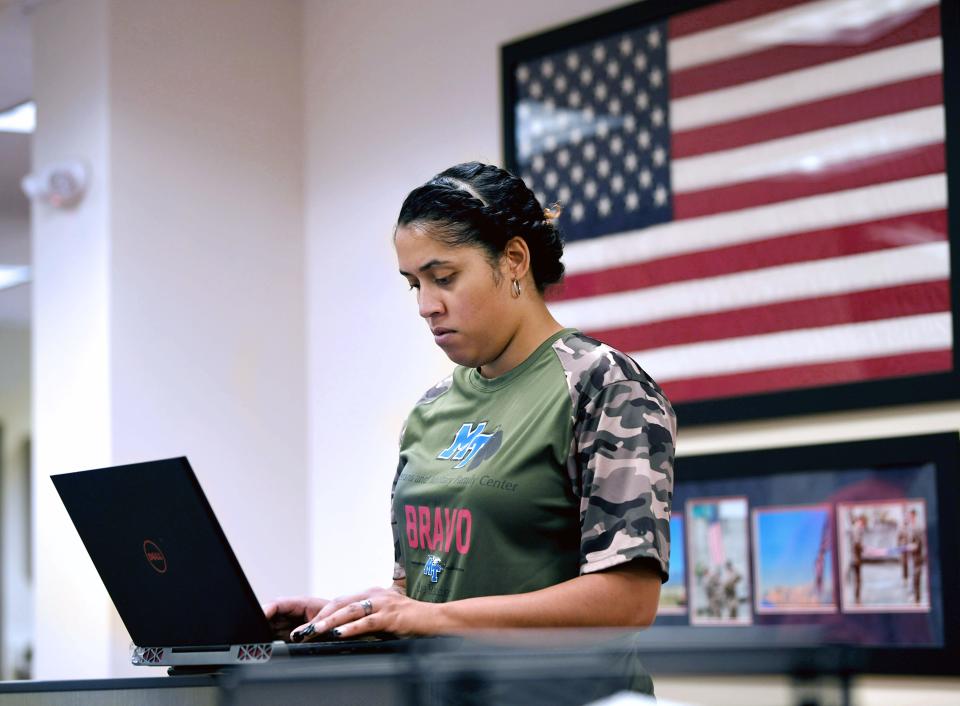
In addition, The Journey Home Project provides significant funds to Middle Tennessee State University’s Charlie and Hazel Daniels Veterans and Military Family Center.
Want to read more stories like this? A digital subscription to The Tennessean gets you unlimited access to all our local reporting.
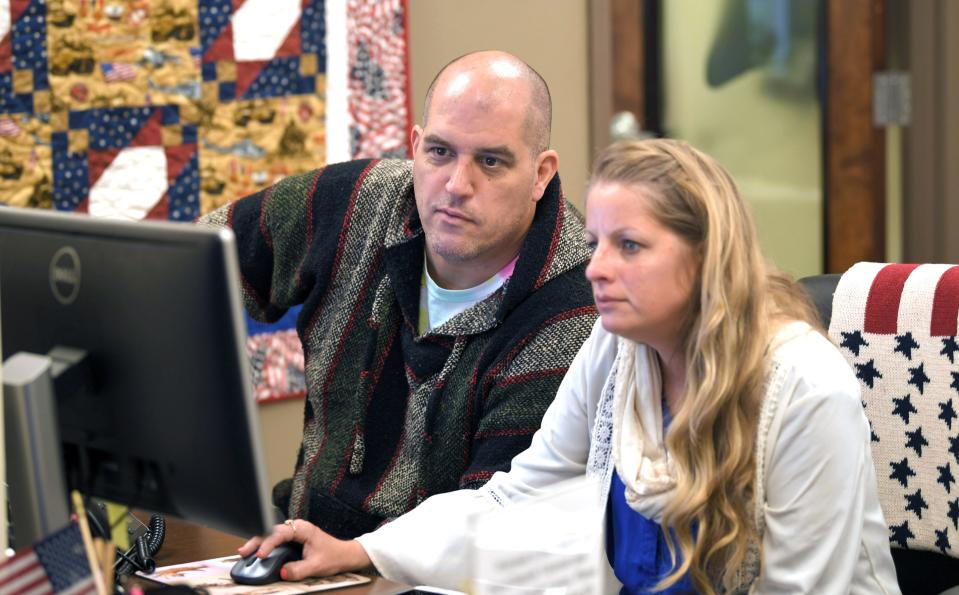
Veterans Jessica Pierson and Mercy Kigen are among those who have benefited from the Charlie and Hazel Daniels Veterans and Military Family Center. Pierson first came to MTSU in 2009 before the center existed. There was no place for student veterans to find camaraderie or support beyond basic help with the GI Bill. Now employed by the center as a transition manager, she watches as veterans socialize with others who share their experience and find the life help they need to be successful.
Kigen is freshly out of the Navy and new to Nashville. She said the center eased her transition to a new city and a new school and guided her through prospering as a student. Kigen is a senior with a major in biochemistry who has been accepted to dental hygiene school.
“They really helped me,” she said. “I came back and was like, ‘I want to volunteer.’ The way they helped me, I needed to help another veteran.”
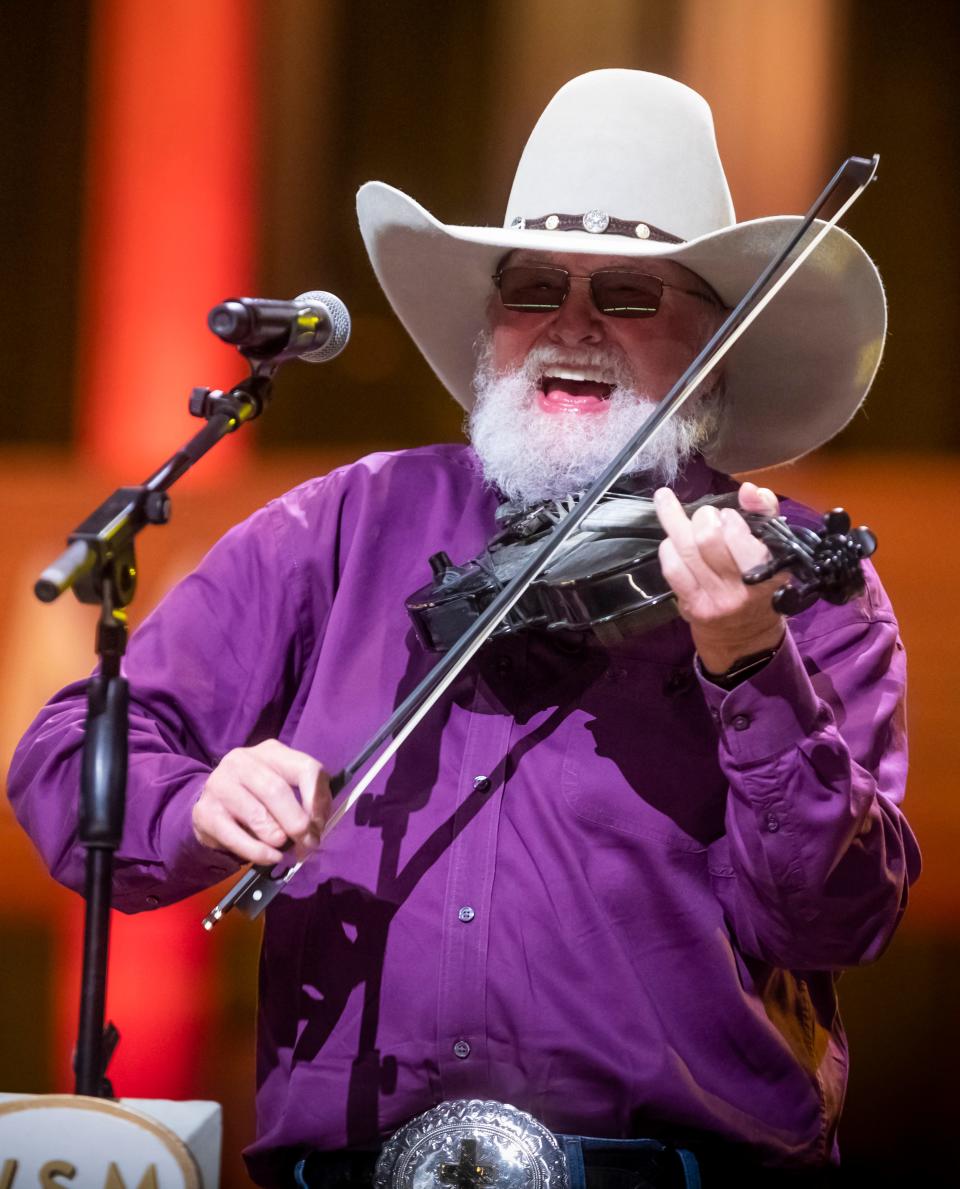
Daniels said he’s just trying to “stand in the cracks” to keep veterans from slipping through.
“If we had a trillion dollars, we could spend every cent of it taking care of veterans,” Daniels said. “We have to decide where the greatest need is and where we can do the most good.”
Reach Cindy Watts at 615-664-2227, ciwatts@tennessean.com or on Twitter @CindyNWatts.
For more information on Charlie Daniels’ Journey Home Project, visit thejourneyhomeproject.org. For more information on the Charlie and Hazel Daniels Veterans and Military Family Center at MTSU, visit mtsu.edu/military.
This article originally appeared on Nashville Tennessean: Charlie Daniels' Journey Home Project helps veterans with school, jobs

